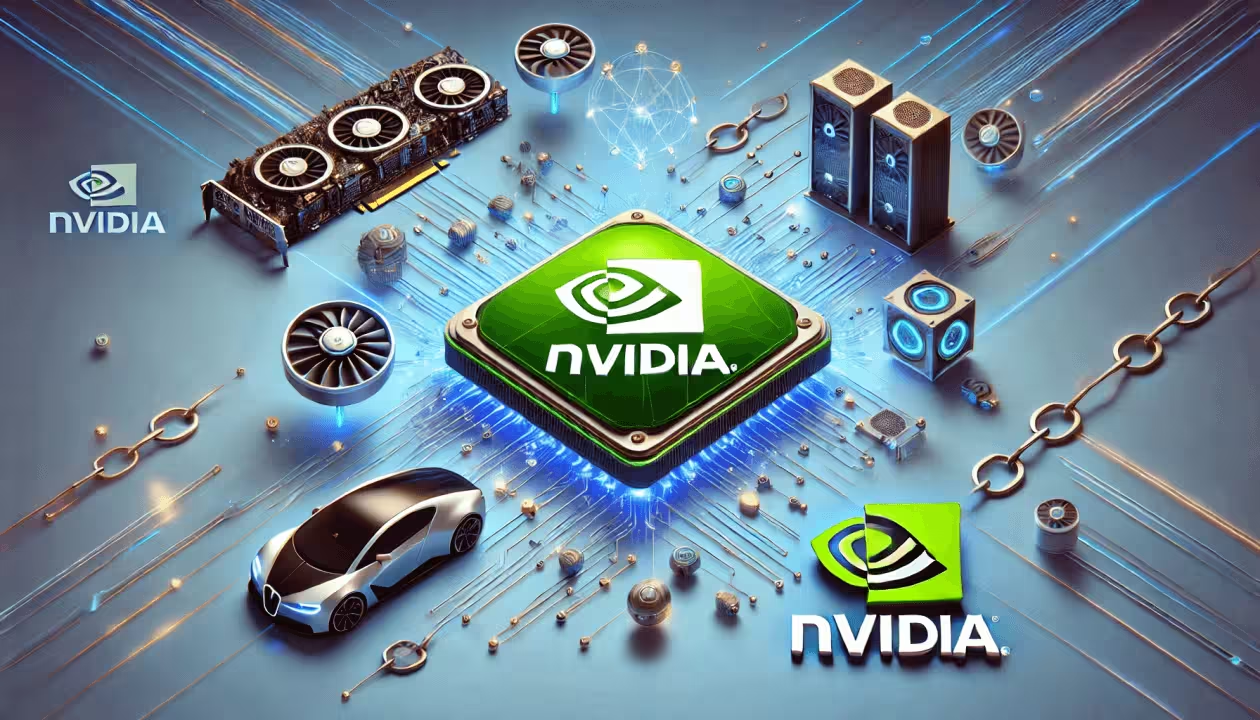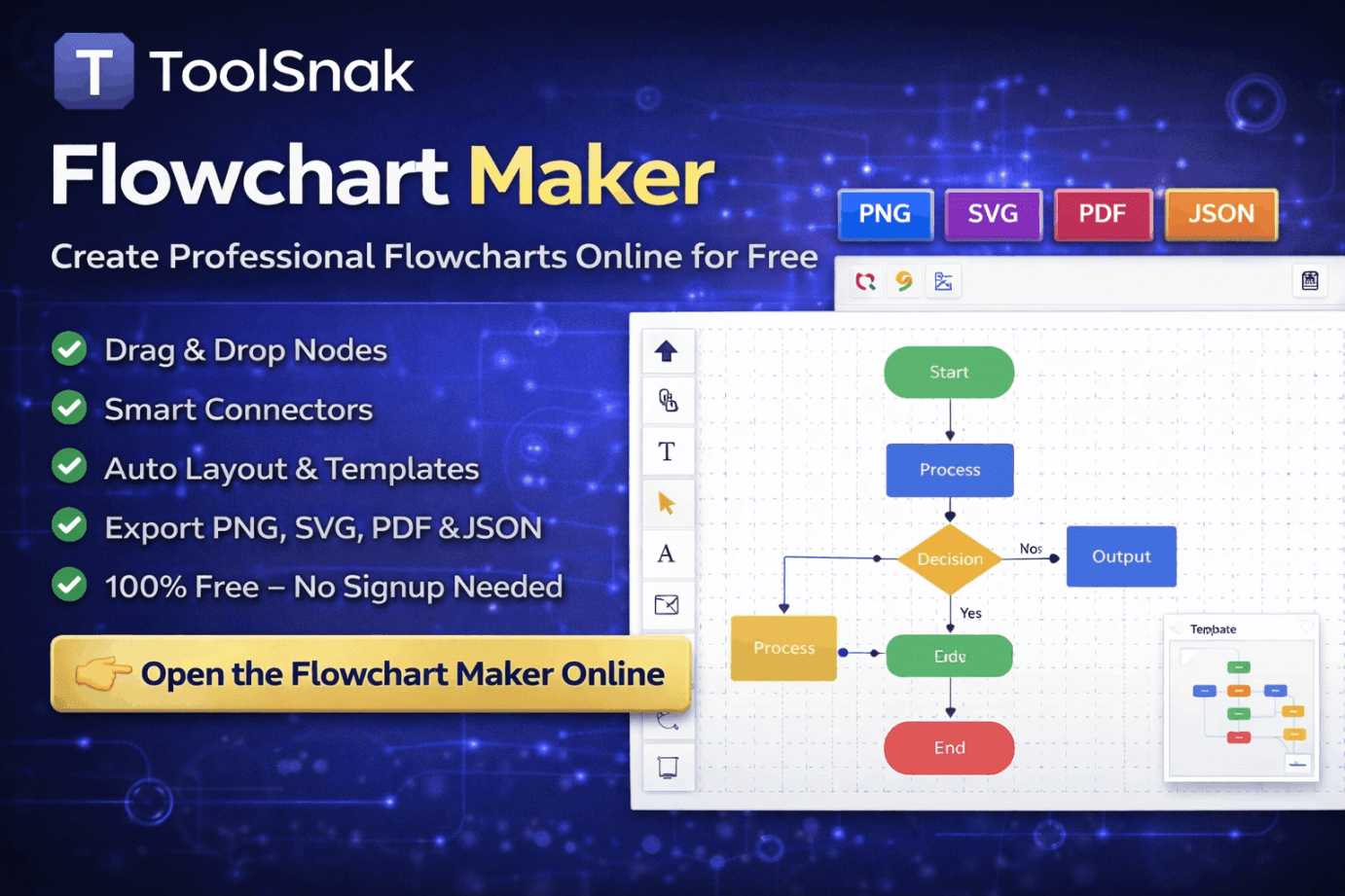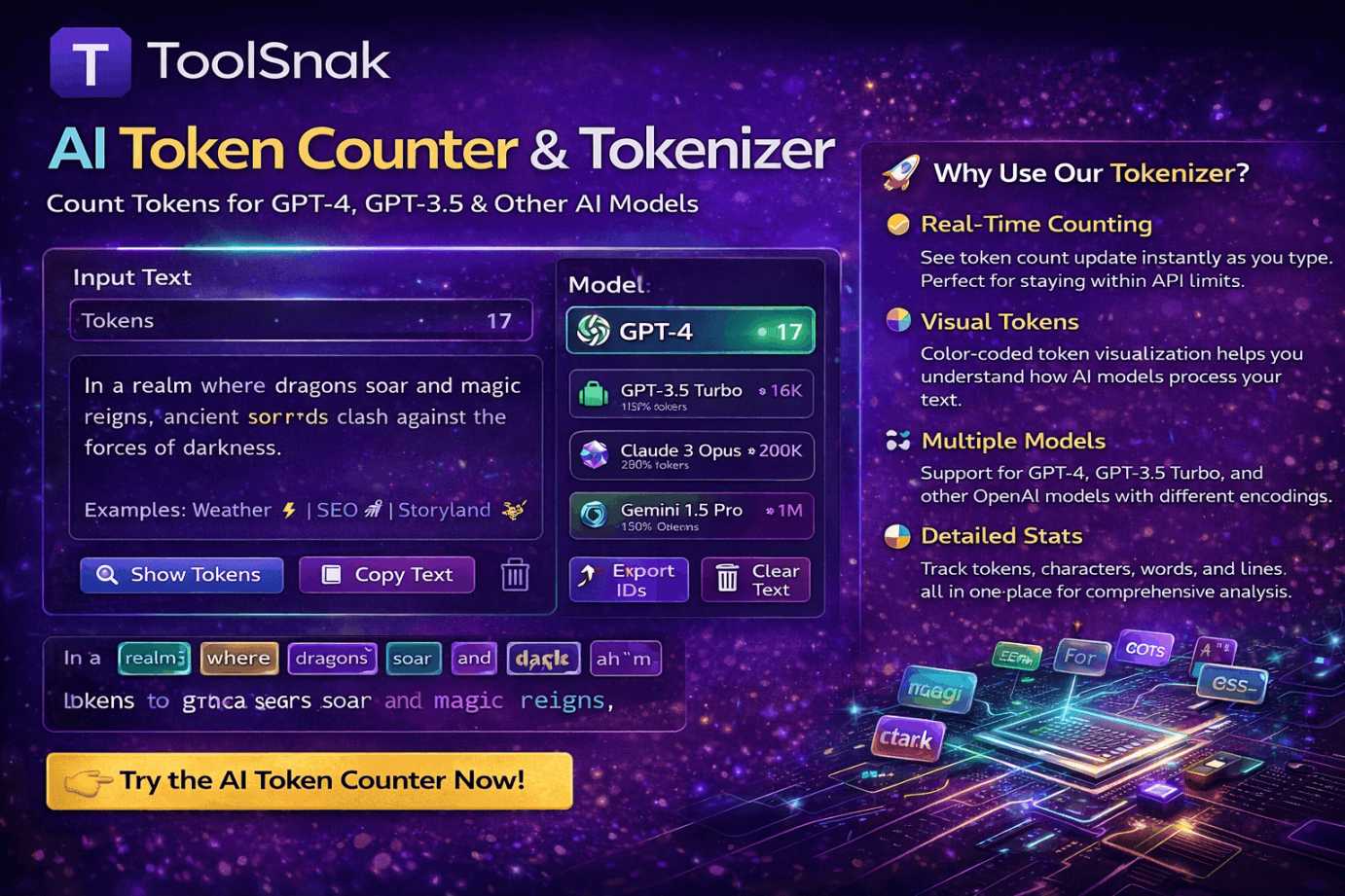
AI Revolution in Science: Accelerating Discovery for 2025 and Beyond
Artificial Intelligence (AI) is reshaping the scientific landscape, accelerating discoveries and enabling researchers to tackle complex problems with unprecedented efficiency. By 2025, AI’s integration into science is driving breakthroughs in genomic design, data analysis, and computational simulations, while raising critical ethical questions. This blog explores AI’s transformative applications, benefits, challenges, and future trends, drawing insights from sources like Science Magazine and Computer.org. The global AI market in scientific research is projected to grow significantly, reflecting its profound impact, per Forbes.
AI in Scientific Discovery
AI is revolutionizing scientific discovery by designing novel biological systems. A 2024 Science study introduced 'Evo,' a machine learning model that decodes and designs DNA, RNA, and protein sequences with unparalleled accuracy. Evo’s ability to engineer genomic sequences could redefine biotechnology, enabling custom proteins with up to 500 times more activity, as noted in posts on X. Similarly, AI models are solving mathematical problems, like Google’s AlphaEvolve, which optimized matrix multiplication, marking a significant advance after 56 years, per X posts.
Advanced Data Analysis
AI’s capacity to process vast datasets is transforming scientific research. Large language models like OpenAI’s GPT-4, released in 2023, achieved 86% accuracy on the Massive Multitask Language Understanding benchmark, surpassing non-expert humans, per Our World in Data. AI-driven data extraction tools, such as those from Evolution AI, reduce processing times from hours to seconds for financial and scientific datasets, enhancing research efficiency. However, Forbes notes that data privacy remains a concern when handling sensitive scientific information.
Computational Evolution and Simulations
AI simulates complex evolutionary processes, offering insights into biological and physical systems. Researchers at UT Austin used computational evolution to model hyena mobbing behavior, simulating thousands of generations in hours, per UT Austin. Such simulations, which mimic Darwinian 'survival of the fittest,' help scientists understand behaviors that evolved over millennia. Additionally, AI designs robots from scratch, with Northwestern’s algorithm creating a walking robot in seconds, bypassing human design constraints, per Northwestern Now.
Ethical Challenges and Considerations
AI’s growth in science raises ethical concerns, including bias, privacy, and societal impacts. Algorithms trained on biased datasets can skew scientific outcomes, as warned by Scientific American. Privacy issues arise when AI processes sensitive genomic or personal data, with 90% of AI tools collecting sensitive information, per Forbes. Ensuring equitable access to AI-driven scientific tools is critical, especially for underfunded research communities.
Future Trends in AI and Science
By 2025, generative AI and quantum AI will push scientific boundaries. Generative AI, capable of creating content and simulating scenarios, is enabling new research paradigms, per Computer.org. Quantum AI, leveraging quantum mechanics, promises to solve intractable problems, such as decoding the human brain. Collaborative AI systems, like multi-agent models, will enhance complex problem-solving, per Decision AI. However, UNESCO emphasizes the need for ethical frameworks to guide AI’s scientific applications.
Conclusion
AI is transforming science in 2025, accelerating discoveries and unlocking new possibilities. While challenges like bias and privacy persist, the potential for innovation is immense. Stay informed to harness AI’s power for a brighter scientific future.
Welcome to ToolSnak.com – your one-stop destination for smart, simple, and free AI-powered tools designed to supercharge your research and creativity.
How much did you enjoy AI Revolution in Science: Accelerating Discovery for 2025 and Beyond?
Related Articles

Jensen Huang's Strategic Moves to Maintain Nvidia's AI Leadership
Nvidia CEO Jensen Huang outlines plans to sustain the company's dominance in AI amid global challenges, including new technologies, partnerships, and geopolitical considerations.

Flowchart Maker: Create Professional Flowcharts Online for Free
Create clear and professional flowcharts online using ToolSnak’s free Flowchart Maker. Drag-and-drop nodes, smart connectors, auto layout, templates, and export to PNG, SVG, PDF, or JSON.

Claude 4: Anthropic’s AI Revolutionizing Coding and Beyond
Explore how Anthropic's Claude 4 is setting new standards in AI with advanced coding capabilities, extended context understanding, and ethical considerations.

How to Use AI Token Counter & Tokenizer Tool
Learn how to use the AI Token Counter & Tokenizer in 2026 to count tokens accurately, optimize prompts, and stay within AI model limits.